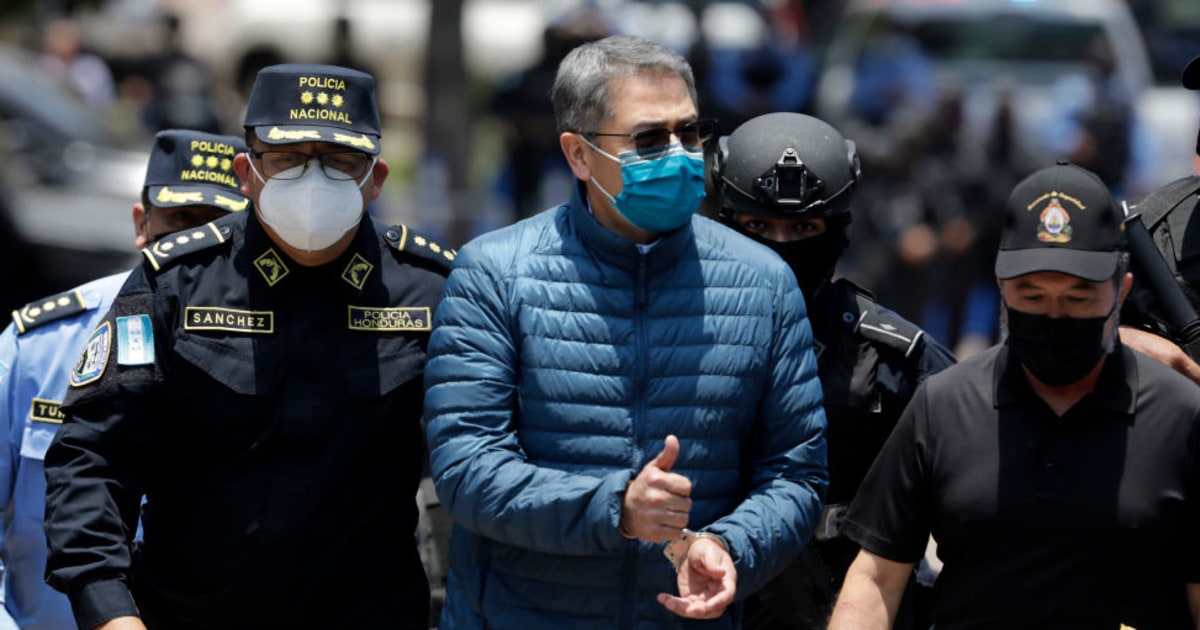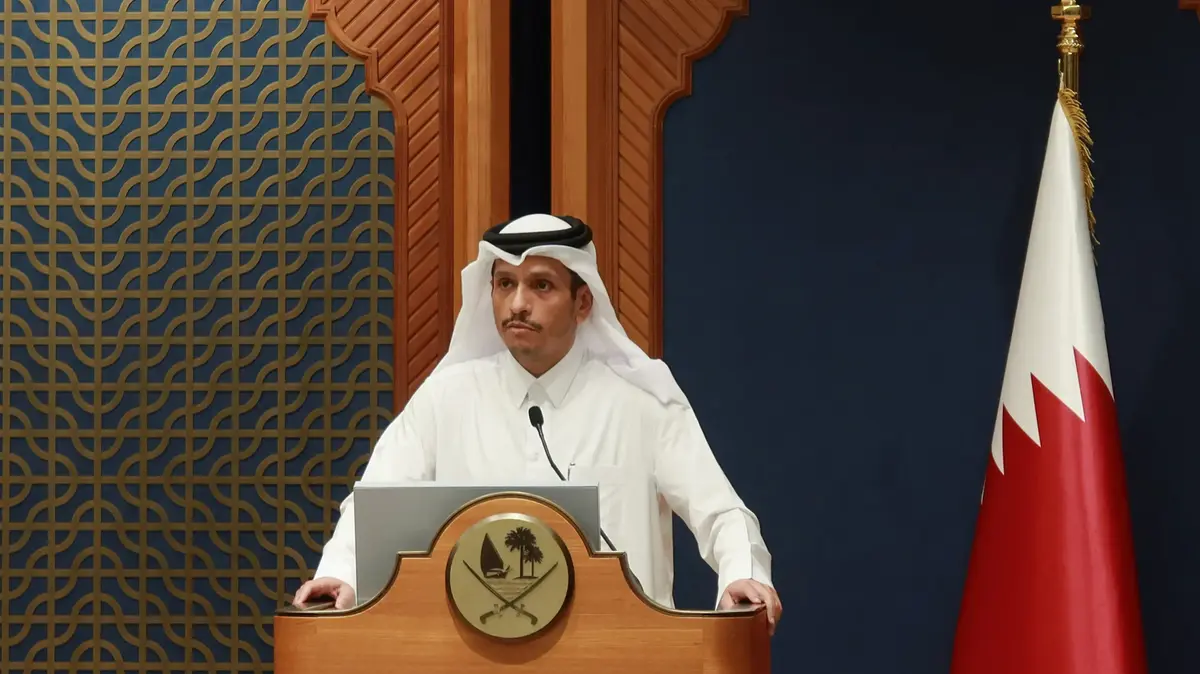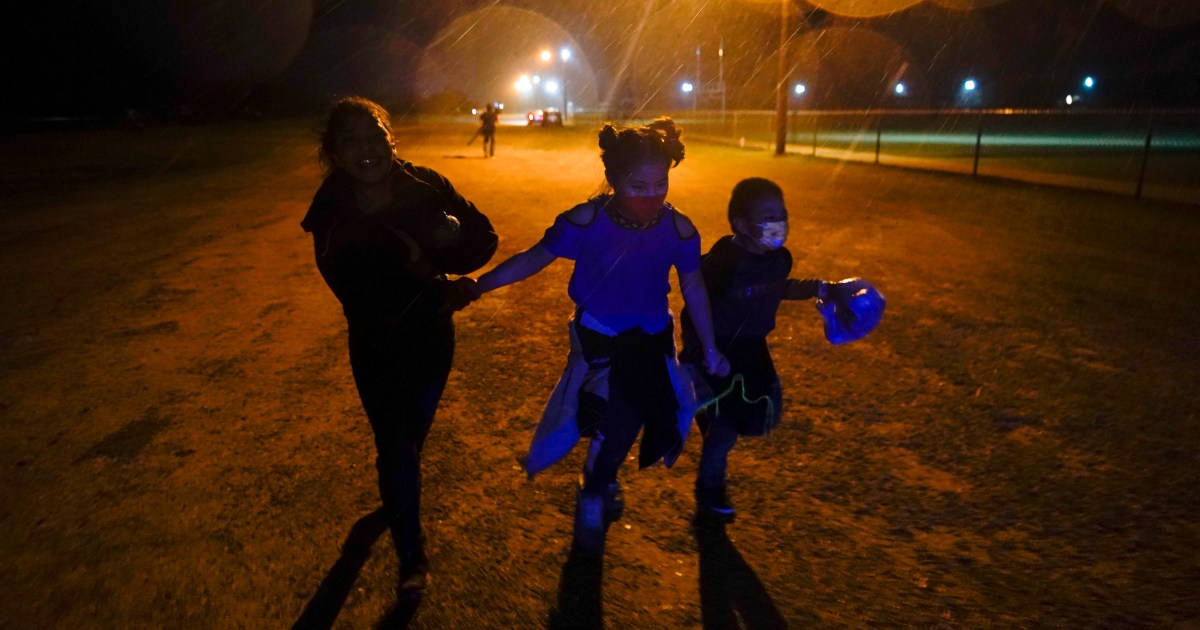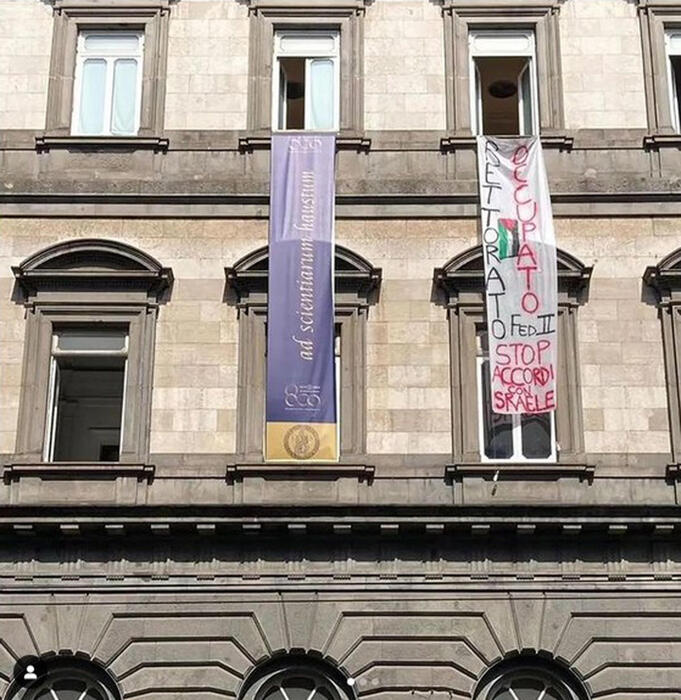Kassandra Frederique has been one of the most influential voices in the drug legalization debate in the United States in recent years.
The director of the Drug Policy Alliance was key in the regulation of marijuana in New York and has been one of the main critics of the war on drugs and the profound impact it has left on American society and on the relationship that Washington has established with Mexico, Colombia and other producing countries.
“The things that they said would help us have not worked.
It's a lie," says the activist.
Frederique pauses during her visit to Mexico City, where she was invited as one of the featured speakers at the Dromofest festival, to chat with EL PAÍS about drugs,
from the overdose crisis that claims tens of thousands of lives every year in his country to the initiative of the Government of Gustavo Petro to legalize cocaine.
But also everything that surrounds this universe: the fight against racism, the fight against climate change, the problems of Public Health and Safety, and the double discourse of a model that is increasingly questioned and, despite everything, more current than ever.
Ask.
After five decades, what is the legacy of the drug war?
Response.
It is a legacy of destruction.
These policies have literally ripped families apart.
They have wrecked the economy of many countries around the world.
All for the interest of a few and never prioritizing health.
Nor can it be said that there have been great achievements in security, because our communities have become more insecure and it has become impossible for people to access support.
It has been an extractivist and abusive war.
P.
On other occasions, you have also said that it has been a lie.
Why?
A.
The war on drugs has been waged under the idea that drugs were destroying our communities, but what we have found is that the policies that have been applied around drugs are what have destroyed communities.
I don't want to downplay what addictions entail, but that's also a difficult topic to navigate.
The things that these people offered us to tackle the problem of addictions, the things that they said would help us, have not worked.
It's a lie, but these people will never accept that or seek other solutions.
That is why they continue to lie, despite all the evidence that exists.
P.
How much has this war influenced the way we see drugs?
A.
I think
that many people do not have information about drugs and I also think that drugs have been very demonized, they are even racialized in many societies in different parts of the world.
Much of the narcotics supply is based on fear, lies and stigma.
There is no mention of the role that drugs have played in a recreational, pleasurable, self-discovery dimension or in cultural or religious practices.
It is a one-dimensional view.
P.
What role does racism have in this war?
R.
It is worrying.
When you take a look at what's going on in various places, you see that people with darker skin, whether indigenous or black, tend to be disproportionately the most imprisoned by this war around the world.
In the United States, the topic of race is very present, but I think that this phenomenon is replicated everywhere and always affects the same groups of people more.
P.
_
If the war has failed so much, why are there still people defending it?
R.
The main argument is that drugs are bad and that we must eradicate them from the face of the Earth.
There is no other possibility beyond that scheme.
It is very one-dimensional.
They do not consider all the visions that exist in a society, how long they have been present in a society and what are the conditions that surround people who really have problems with drugs.
When we talk about drug policy in the United States, we have to talk, for example, about the fact that we don't have universal access to health and social security.
We have to talk about discrimination in the real estate market so that certain minorities do not settle in some areas.
Of the relationship of the United States with Latin American countries.
We have to talk about the exploitative relationships created around trade agreements that abused communities to supply themselves with products such as sugar, coffee, salt.
And we have to talk about the inequality that exists and is further propagated by American policies.
Q.
Why in your opinion is the legalization and decriminalization of all drugs the solution?
A.
I don't think it's the
whole
solution.
I think that is part of the solution and one of the most immediate things we can aspire to.
The criminalization of drugs triggers many other problems.
In the United States, it makes it difficult for people who use them to receive help.
Variables such as violence and government corruption also come into play.
What we defend is that drugs are used as a pretext to maintain bad policies and so that our decision makers can ignore other things that need to be worked on.
It's easier to blame drugs.
Therefore, what we propose is why not decriminalize, why not regulate, why not create new responses.
And then we can talk about the real problems that we will have to face.
Q.
The United States has a tremendous overdose crisis from the use of fentanyl and other opioids.
Doesn't that change the landscape for legalization?
A.
No. In fact, it makes the issue of regulation more urgent.
The opioid crisis in the United States has multiple layers of analysis.
It is a matter of poor regulation, corporatization of regulation, lack of access to health.
What we are seeing is that poisoned drugs are supplied because we have laws prohibiting heroin use and people turn to analogs like fentanyl that contaminate the supply of other drugs.
This also teaches us that not all regulation is the same.
It can be done well or it can be done badly.
When I hear the opioid crisis argument, my counterargument is that before that crisis people were already dying and are still dying.
And we have no answers.
We are navigating between capitalism and prohibitionism, but this topic keeps coming up.
You have to have a dialogue about how to deal with this differently.
Q.
What is the impact of the US anti-drug policy in Latin America?
R.
It is something that I continue to study, but I think that one of the key points is how many trade agreements conditioned the financing and delivery of aid to the eradication of crops and the militarization of Public Security tasks.
That has damaged and led to the destruction of different communities.
The United States trains the police forces of other countries, despite the fact that it is evident that the Police have not done very well in the United States.
Even though a huge budget has been given to police around the country, that hasn't stopped people from using drugs.
Another crucial point is that we are a country of consumers.
The great demand for drugs that exists in the United States influences the countries that are producers.
For more than 50 years, criminalization has been tried as a way to deal with demand, but it has not worked.
Drugs are becoming more widely available, more powerful and more accessible.
It is something very difficult to control.
Prohibition is a failed policy of control.
Q.
What would a legal drug market in the United States imply for the producing countries?
A.
I think this is something that is misunderstood by US lawmakers and not talked about enough
.
We have to analyze what a regulatory market would look like in a global context.
For example, Americans have flirted with the idea of banning the importation of cannabis and moving all medical marijuana production to the domestic market.
It's not a small thing, right?
So there are people who say: "We are going to plant it, we are going to do everything here and everything will turn out great."
But it is completely ignored that for a long time the marijuana we consume has come from other places and that there are families and economies that pay a very high price to produce it.
Another mistake is that many US legislators sell the idea of regulation to Latin American countries as if it were the silver bullet, the ultimate solution, for all the problems that the war on drugs has brought.
Therefore, for me, coming to Mexico is an opportunity.
The United States has to be a citizen of the world in the drug debate and cannot base all its policies on what happens within its borders.
P.
Recently, the Government of Joe Biden offered an amnesty to thousands of people incarcerated for simple possession of marijuana.
At the same time, we have seen how anti-drug operations and border control have been tightened.
Isn't it a double discourse between what goes inside doors and what goes outside?
R.
I see it as an incomplete policy.
Biden made this announcement and it's great.
Still, most of the US prison population is in for the sale of cannabis and he put them in jail.
At the same time, you have rich white people who are selling marijuana right now.
It's a federal crime, right?
But they are still doing it right now.
Biden also went out of his way and made sure that people who are not US citizens could not benefit from this amnesty.
So, there are people who continue to be detained and deported, but the president said nothing about that.
Nor did he tell the border agents and the police forces: "Hey, I think it's not right for us to do this, we have to stop doing it."
So, it seems to me more of an incomplete answer than double talk.
P.
The new Government of Colombia, historically the best student of the US in the war against drugs, has proposed the legalization of cocaine.
How does this impact the room for maneuver that Latin American countries have to apply their own drug policy against what the White House has traditionally dictated?
R.
It seems to me that it is something necessary and welcome.
The US anti-drug policy makes invisible the damage it does in the United States and in other countries.
For this reason, the fact that Colombia proposes to go in another direction seems very important to me and that it sets a precedent for other countries to question the policies that they have applied before.
It also brings us to a point where we can start experimenting with different models of regulation.
However, it seems crucial to me that in this process large corporations can be kept out.
P.
Many people see the legalization of drugs as big business.
What can be done to put the well-being of users at the center of these markets and not big business interests?
A.
I don't have all the answers.
I have had this conversation with many people around the world because the analysis of how to regulate drugs is very important.
We have seen it with marijuana, if we are not clear about what can happen, capitalism and large corporations are going to eat up that market and turn it into an industry like any other.
We also see it with the overdose crisis, if you let capitalism make its way and privilege the interests of big pharmaceutical companies, your regulation is poor.
That's why I think we have to have a dialogue about what it means to have a drug policy.
It's not just about drug regulation.
It is talking about market models.
It's about climate change.
It is talking about violence and public health.
For me, the question is how do we put people at the center of talking about all these things in a world where drug regulation doesn't get in the way of our ability to be meaningful participants in the societies we live in?
P.
How do you imagine the future?
R.
There are more and more people who recognize that the war on drugs is not working, but I do not think we have been able to convince them that we know what to do from this point.
It seems to me that those of us who believe in drug regulation must have a clear image of the world we want to build.
It is not about legalizing drugs and that everything remains the same.
The debate on the regulation of drugs should be our gateway to much more.
And that is why so much is at stake.
subscribe here
to the
newsletter
of EL PAÍS México and receive all the informative keys of the current affairs of this country








